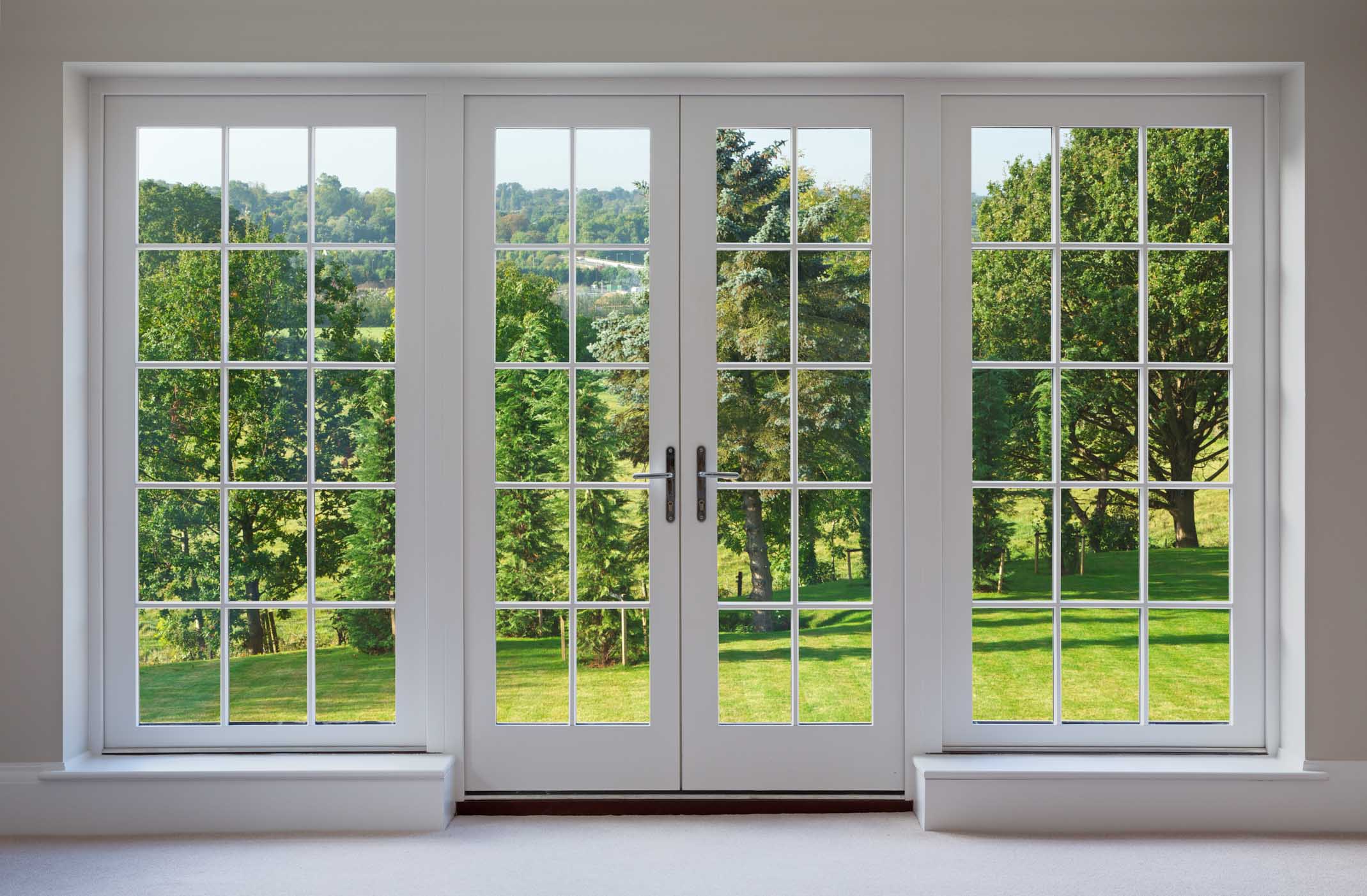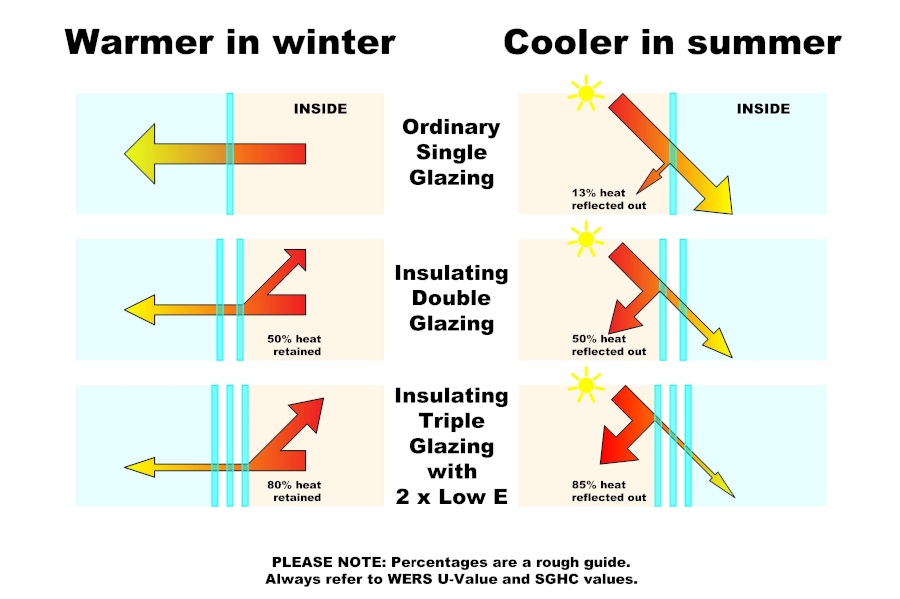All Categories
Featured
Table of Contents
Stay Cool This Summer With Double Glazed Windows - Aaa Glass in Shenton Park Perth
Glazing merely implies the windows in your home, including both openable and set windows, along with doors with glass and skylights. Glazing in fact simply indicates the glass part, but it is generally utilized to refer to all elements of an assembly including glass, movies, frames and furnishings. Taking note of all of these elements will help you to achieve effective passive style.

Energy-efficient glazing makes your home more comfy and considerably decreases your energy costs. Unsuitable or inadequately developed glazing can be a significant source of undesirable heat gain in summertime and significant heat loss and condensation in winter. As much as 87% of a home's heating energy can be gained and approximately 40% lost through windows.
Improve Your Home's Energy Efficiency With Double Glazing in Southern River Perth
Glazing is a substantial financial investment in the quality of your house. A preliminary financial investment in energy-efficient windows, skylights and doors can significantly decrease your annual heating and cooling costs.

This tool compares window choices to a base level aluminium window with 3mm clear glass. Comprehending a few of the key properties of glass will assist you to select the very best glazing for your home. Key properties of glass Source: Adapted from the Australian Window Association The quantity of light that goes through the glazing is known as visible light transmittance (VLT) or visible transmittance (VT).
Does Double Glazing Reduce The Heat In Brisbane's Summer? in Claremont Western Australia
This might lead you to turn on lights, which will result in higher energy costs. Conduction is how easily a material conducts heat. This is referred to as the U value. The U value for windows (revealed as Uw), describes the conduction of the entire window (glass and frame together). The lower the U worth, the higher a window's resistance to heat flow and the much better its insulating value.
If your home has 70m2 of glazing with aluminium frames and clear glass with a U worth of 6. 2W/m2 C, on a winter's night when it is 15C cooler outside compared to inside your home, the heat loss through the windows would be: 6. 2 15 70 = 6510W That is equivalent to the overall heat output of a big room gas heating unit or a 6.
Guide To Double Glazing – Functional And Energy Efficient in Koongamia WA

If you pick a window with half the U worth (3. 1W/m2 C) (for instance, double glazing with an argon-filled gap and less-conductive frames), you can cut in half the heat loss: 3. 1 15 70 = 3255W The solar heat gain coefficient (SHGC) for windows (revealed as SHGCw) determines how readily heat from direct sunlight flows through a whole window (glass and frame together).
The lower a window's SHGC, the less solar heat it transfers to the home interior. The real SHGC for windows is impacted by the angle that solar radiation strikes the glass.
Which Type Of Double Glazed Window Frame Is Right For You? in Carmel Perth
When the sun is perpendicular (at 90) to the glass, it has an angle of incidence of 0 and the window will experience the maximum possible solar heat gain. The SHGC stated by glazing producers is always calculated as having a 0 angle of incidence. As the angle increases, more solar radiation is reflected, and less is transmitted.
Table of Contents
Latest Posts
Benefits Of Having Double Glazing Windows In The Summer in Westfield Western Australia
Does Double Glazing Have A Vacuum? in Greenmount WA
The Science Behind Double Glazed Windows in Kenwick Perth
More
Latest Posts
Benefits Of Having Double Glazing Windows In The Summer in Westfield Western Australia
Does Double Glazing Have A Vacuum? in Greenmount WA
The Science Behind Double Glazed Windows in Kenwick Perth